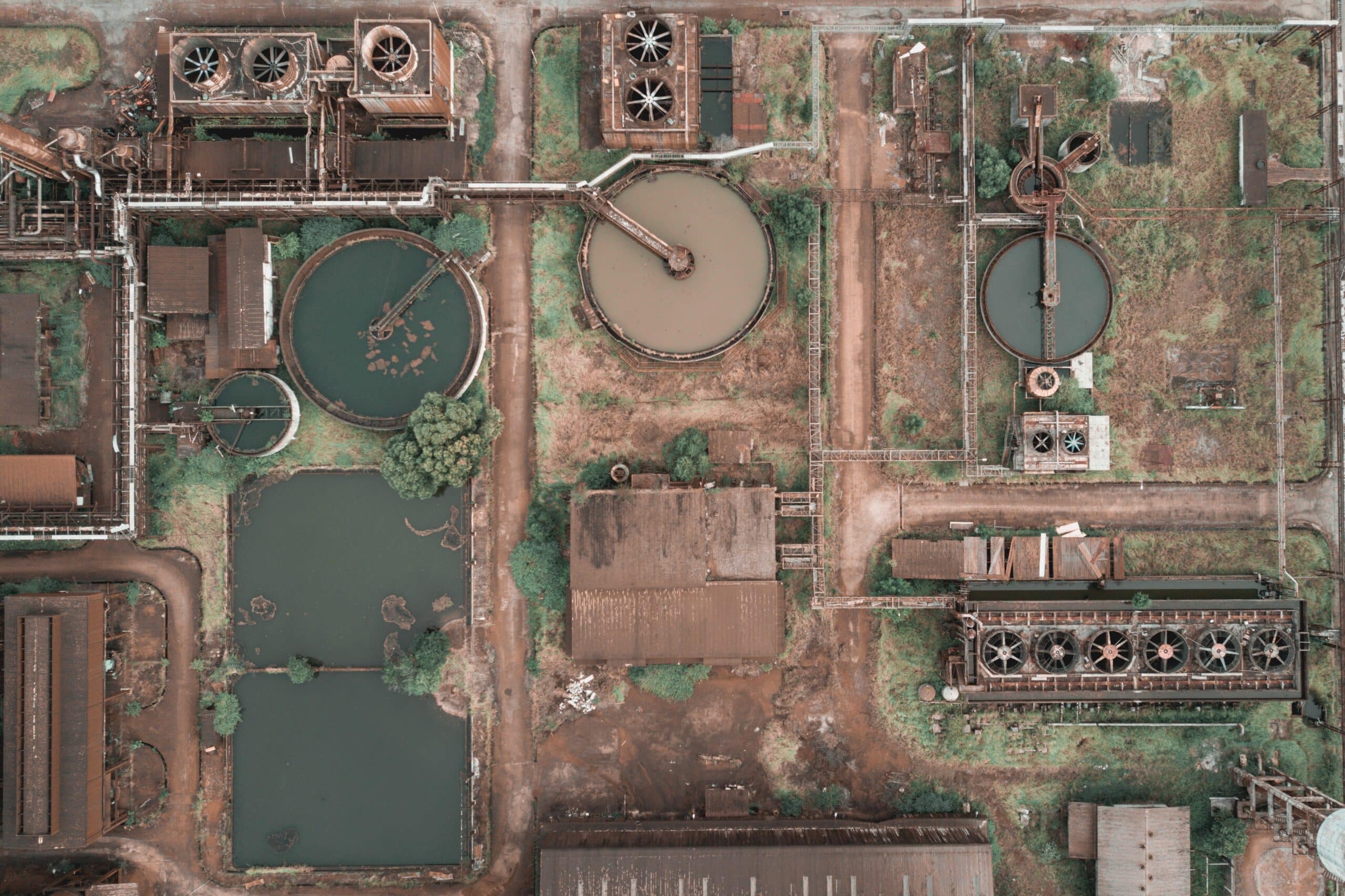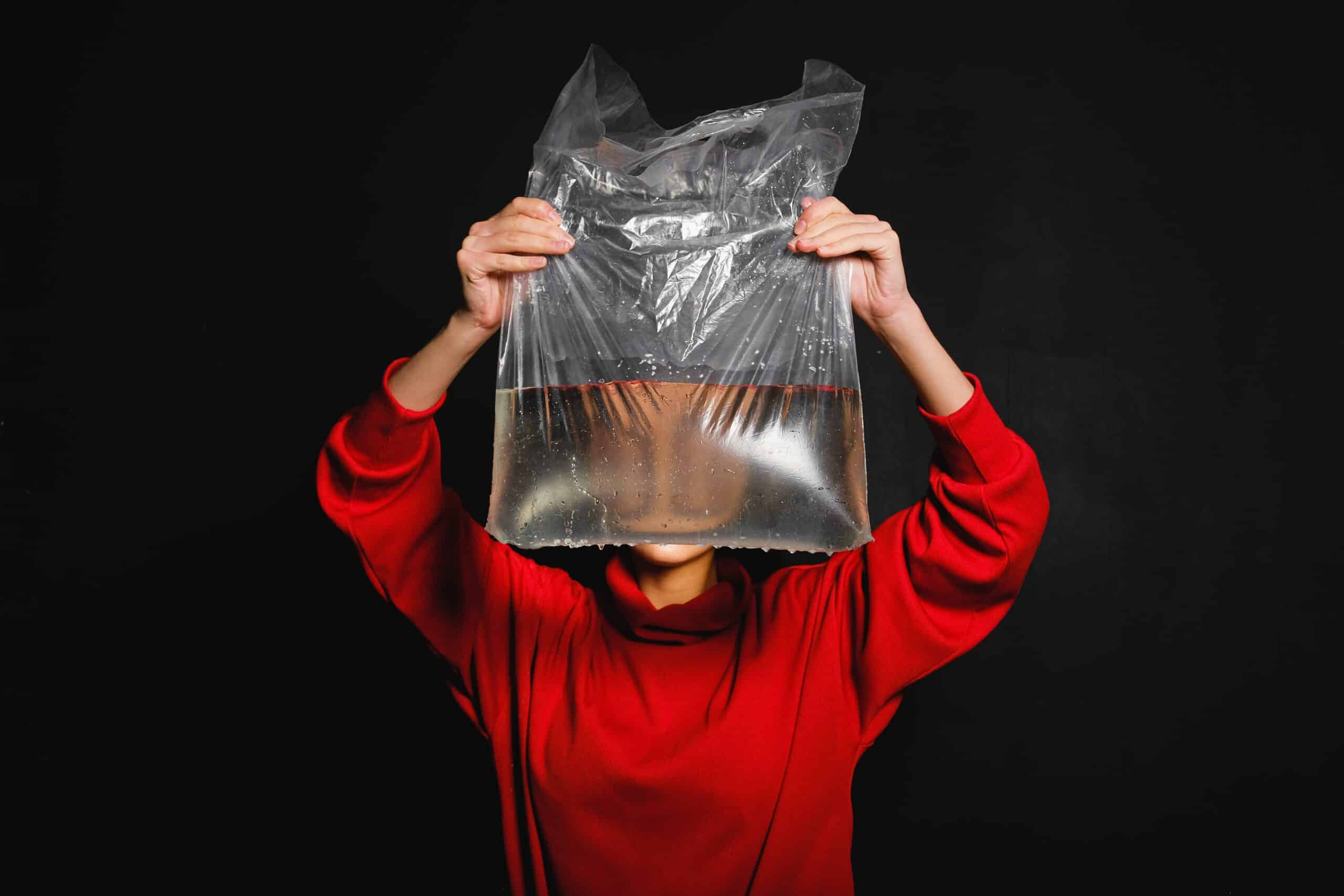Wastewater treatment at home has become one of the most important processes to reduce health risks and protect the environment in South Africa. According to the National Institute For Communicable Diseases, there have been increasing SARS-CoV-2 levels in wastewater.
Not only this, many rivers are under strain and have polluted water. Therefore, wastewater treatment at home is the need of the hour. So, let’s uncover why it’s time to think about a wastewater treatment plant in your home.

It Practises Efficient Cleaning
The wastewater treatment plants at home effectively clean both blackwater (water from bathrooms and toilets) and greywater ( wastewater from sinks, washing machines etc.). The machine carries out the treatments in steps like:
- Primary treatment: The sewage enters here, and gross solids are allowed to settle out under gravity and anaerobic digestion.
- Biological Treatment: In this, the biomass of bacteria breaks down the biodegradable waste into carbon dioxide and water.
- Final Settlement: in this step, the clearwater rises, and excess humus sludge is returned to primary treatment.
- Disinfection and Storage: Chlorine or ozone disinfects the water, and safe water is ready for further use.
Treating Sewage Water Helps to Keep Environment Healthy and Disease Free
The sewage water from homes is full of pathogens and pollutants which pollute soil, groundwater and other water sources. Moreover, South Africa’s rivers are full of sewage which pollute water, creating problems for various organisms directly or indirectly relying on it.
Therefore, dealing with the situation at home with straightforward sewage treatment is necessary. This will not contaminate groundwater or water sources and avoid the risk of diseases.
Recycled Water can be Used for Various Applications
Another reason why it’s time to think about a wastewater treatment plant in your home is that it only has advantages. The state-of-the-art machinery treats the recycled water with the help of various filters, which regulate processes for achieving complete cleaning.
The treated water, called non-potable water, is not of drinking quality but can be used for other needs. This helps to maintain a healthy water cycle and practise the least strain on water needs.

Some of the practical applications of treated sewage water are:
- Swimming pool filling
- Laundry
- Irrigation
- Agriculture needs
- Car Washes and Garage forecourts
- In constructions sites
- Factory cleaning
- Various food processing methods
Meets Government Emission Standards
The water treatment machines at home are designed and implemented with technology that meets the government emission standard. It efficiently reduces the BOD and COD levels, which is safe for the environment and organisms. As a result, the satisfaction of reusing or releasing safe water is paramount. These little steps are very convenient and thoughtful.
Simple and Easy Installation
The machinery for sewage water treatment at home is easy to operate and needs quarterly service intervals according to usage. Moreover, the design is durable and has run for over thirty years. It can accommodate people ranging from 4 to 500, which is suitable for the household to some commercial needs. These affordable types of machinery are a long-term investment which is beneficial for all.
Home sewage treatment machines are the wisest step towards creating a healthy and safe environment. So, install wastewater treatment plants in your home now!
Watch this space for updates in the Opinion category on Running Wolf’s Rant.
Like what you just read? Subscribe To Our Newsletter to stay in the loop.
Feel free to explore our website or check out our Featured Articles.
Looking for a gift for that special person in your life? Check out Netflorist.co.za, South Africa's top online florist and gift service. They offer flowers, gifts, and hampers for all occasions AND reliable nationwide delivery.


